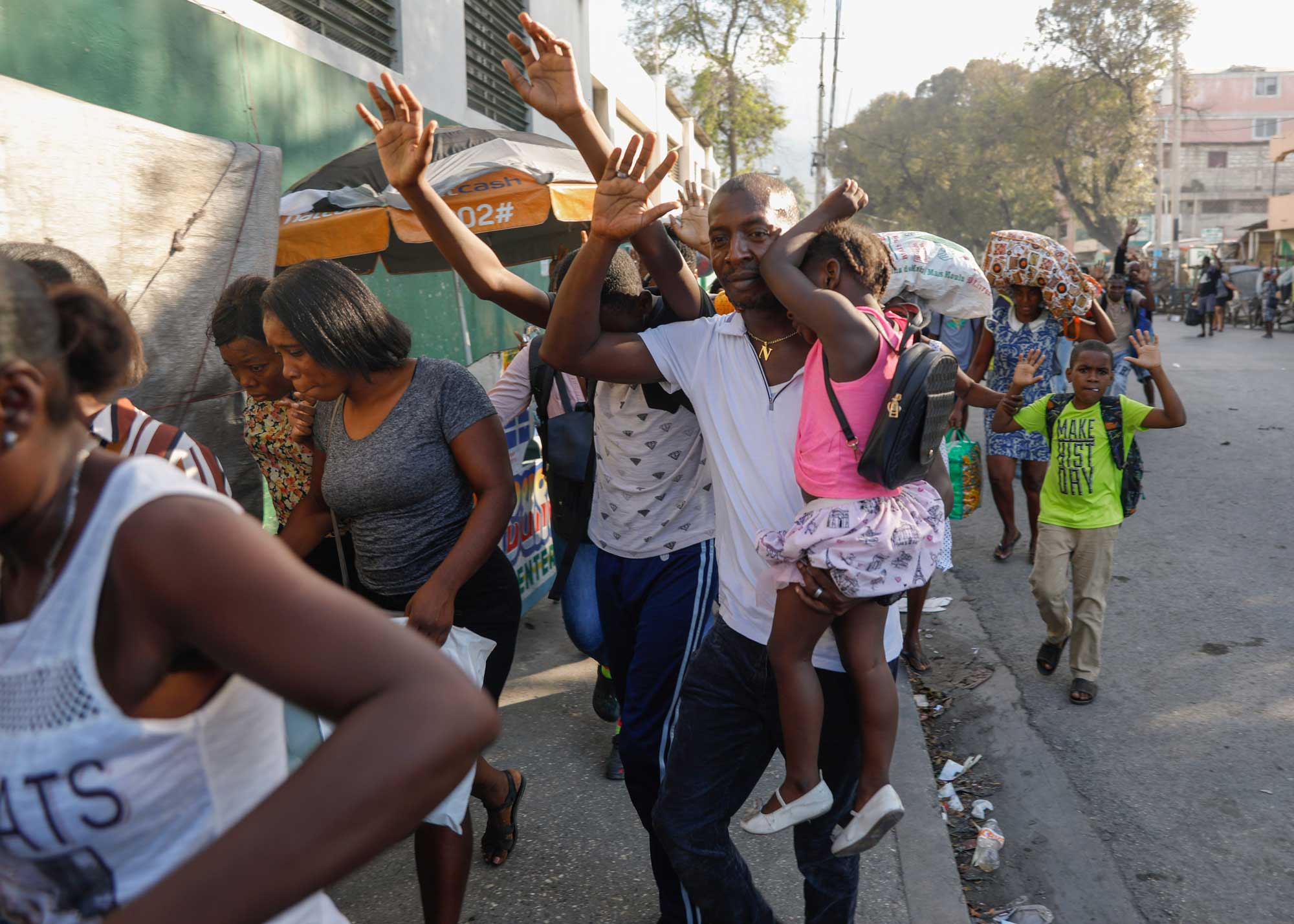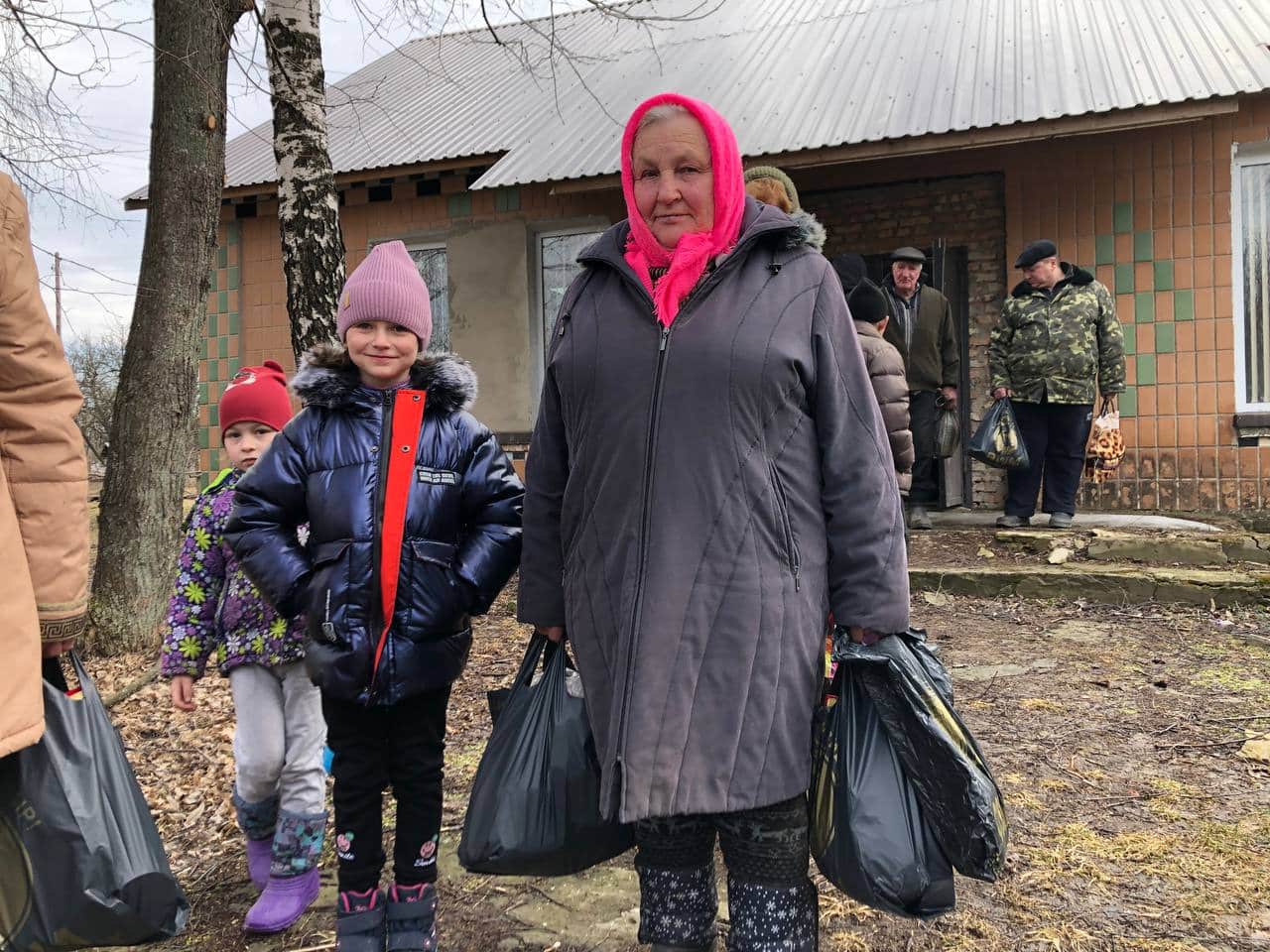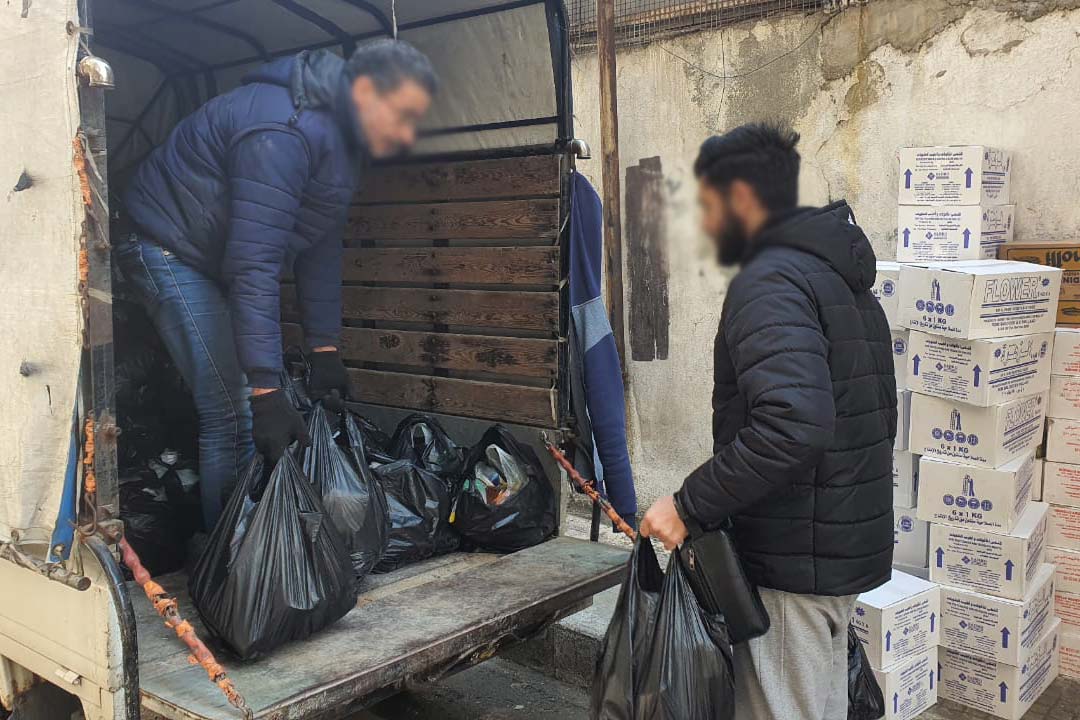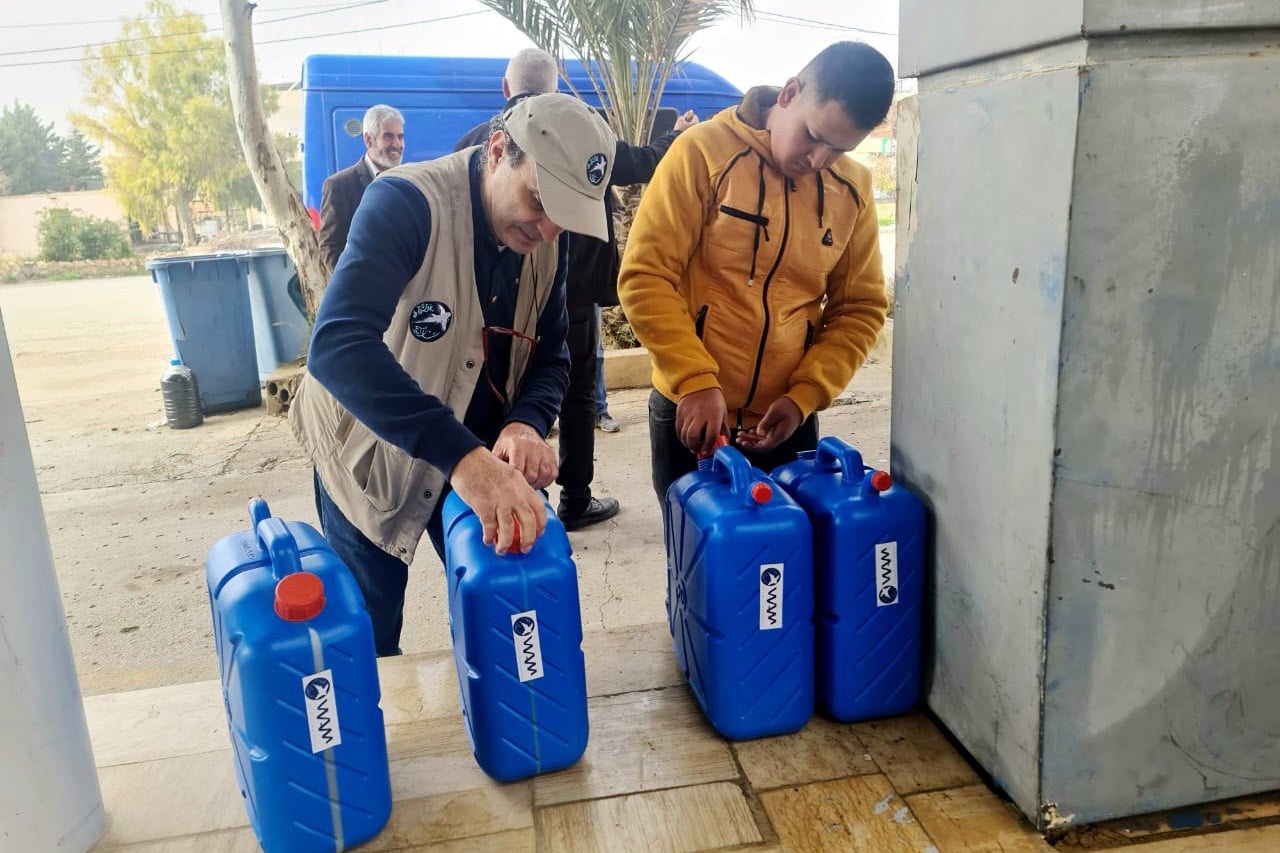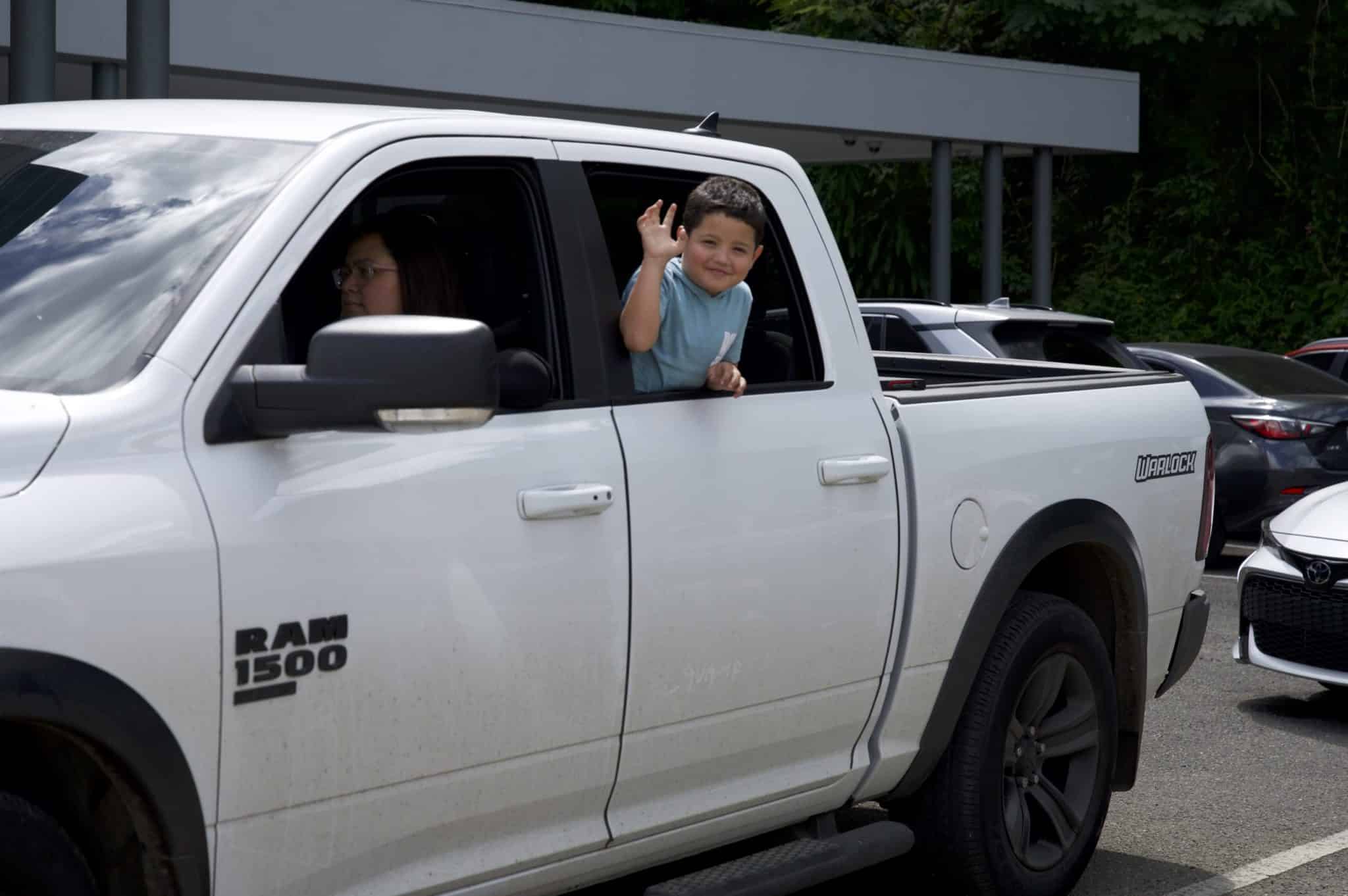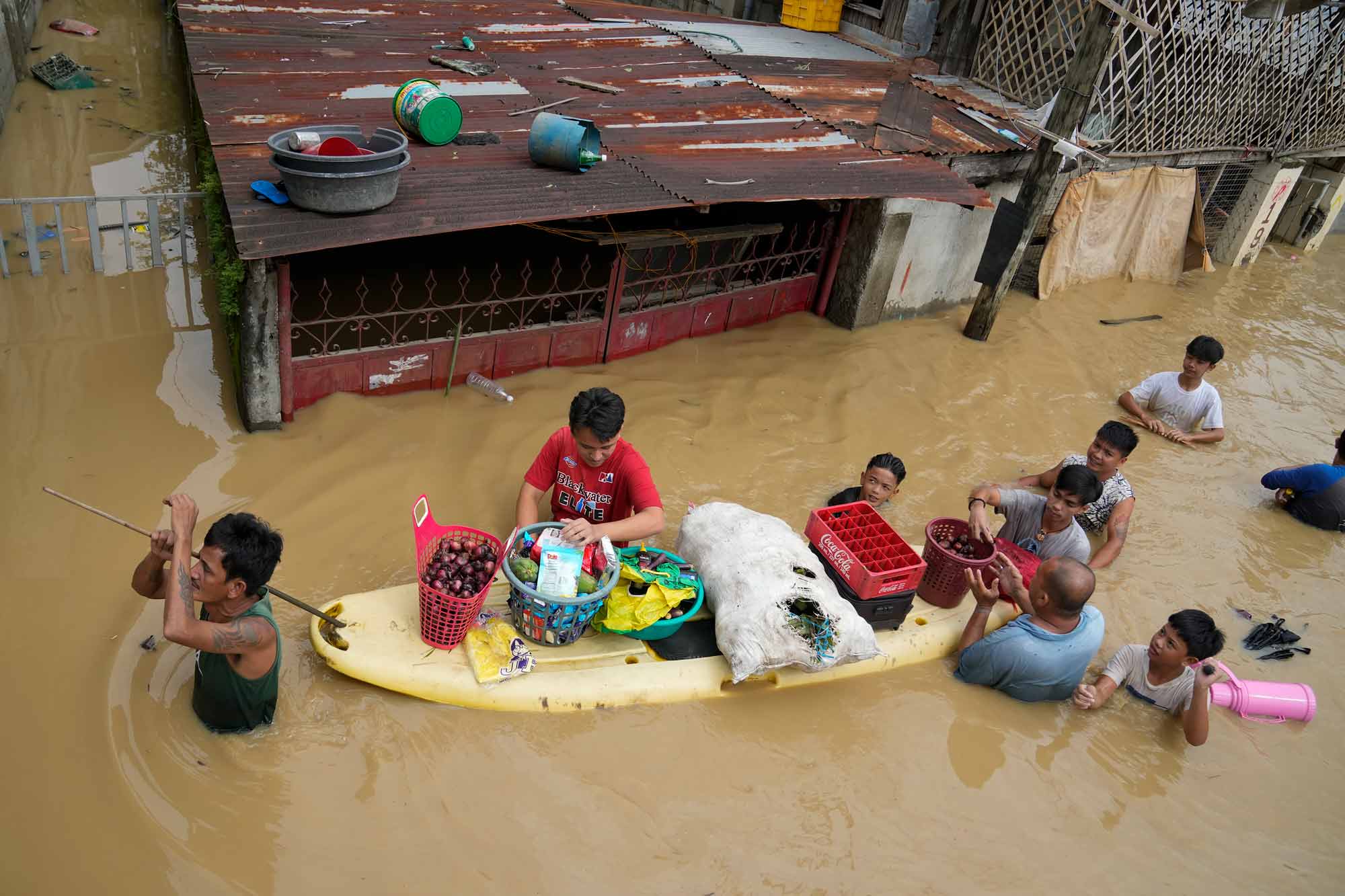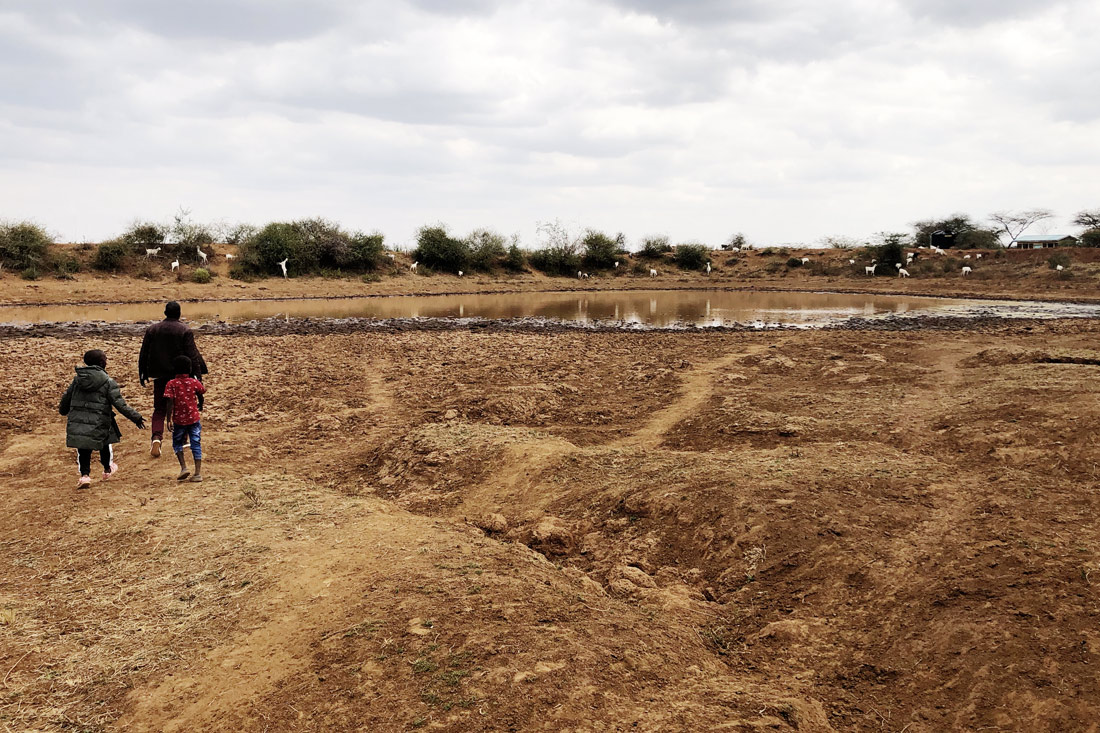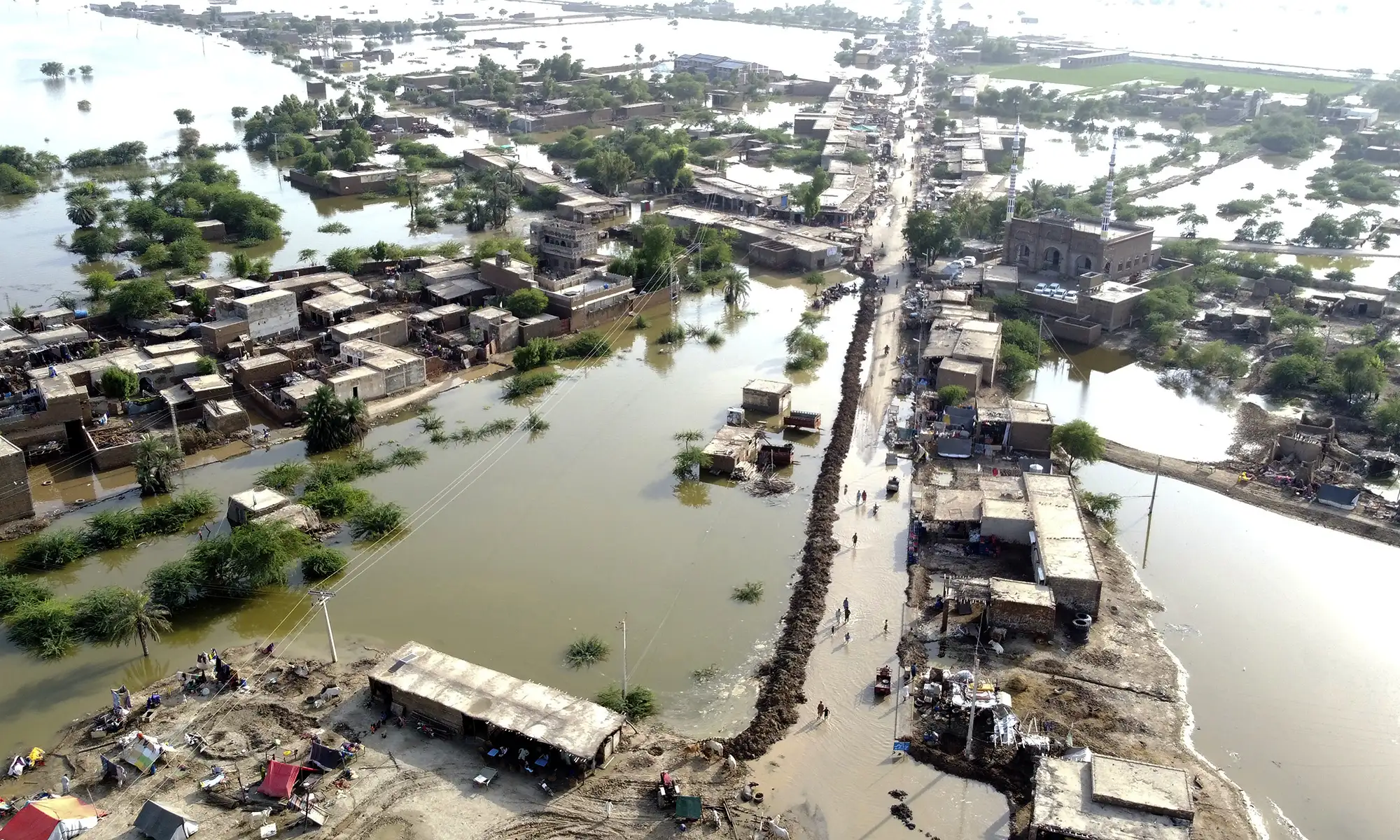
More than 3.8 million people have died from COVID-19 to date, according to the World Health Organization. Many countries have begun to loosen restrictions, but the effects of the pandemic still make hope seem out of reach for many. That’s why Convoy of Hope continues to respond to COVID-19 in multiple countries worldwide.
“As many countries begin to see some relief from shutdowns and restrictions being lifted or new case counts continuing to go down, much of the world is seeing quite the opposite,” said Ryan Grabill of Convoy of Hope’s International Disaster Services team.
COVID-19 is a major cause for concern in many countries, including the Philippines, Nepal, and Suriname. Vaccines are hard to come by, poverty rates continue to increase, jobs are scarce, and food insecurity is a growing threat. In many countries, the head of the household commonly provides the family’s sole income, which increases the risk for financial strain during the pandemic. In other parts of the world, disruption of the global supply chain has crippled markets on both local and national scales.
“Masks are hard to find, and when you do find them, they are unaffordable,” one individual said while accepting help from Convoy of Hope in Venezuela.
Convoy of Hope is providing food for families in dire need, emergency provisions for those affected by shutdowns and quarantines, and personal protective equipment (PPE) and other essentials to assist with shortages.
“Beginning in February 2020 with our first shipment, the Disaster Services team continues to serve around the world,” said Ryan. “We will continue to address these needs and walk with communities back to restoration.”
“This project literally helped us save lives and keep families healthy in these difficult times,” a Convoy of Hope partner from Lebanon said in solidarity.
As the COVID-19 crisis continues, Convoy of Hope is grateful for the volunteers, supporters, and partners who allow us to deliver help and hope to those who need it. To support Convoy of Hope, click here.

